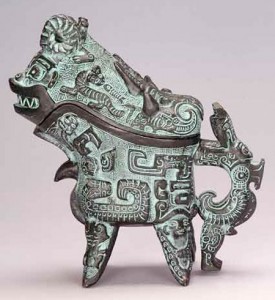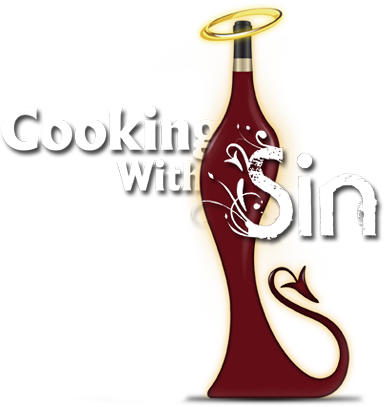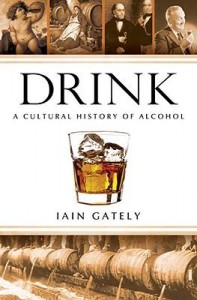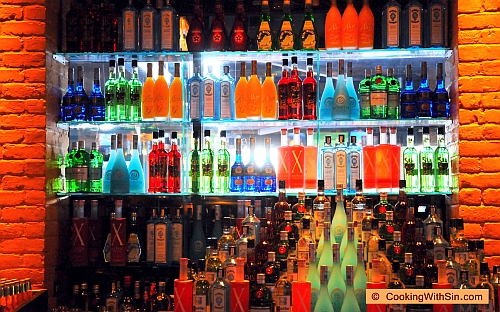The first time ever I saw my grandmother drink alcohol was when she accepted a small glass of champagne on her hundredth birthday. She pronounced it to be pleasant but not so good as to want more.
So begins “Drink: A Cultural History of Alcohol” by Iain Gately. I have been reading it in conjunction with creating this blog. He states this…
Alcohol is a fundamental part of Western culture. It is the most controversial part of our diet, simultaneously nourishing and intoxicating the human frame. Its equivocal influence of civilization can be equated to the polar characters of Dr. Jekyll and Mr. Hyde… In both ancient Greece, and the present millennium, it has been credited with the powers of inspiration and destruction.
I like Gately’s comment about his grandmother as it echoes my own grandmother’s story. http://cookingwithsin.com/2010/01/12/grandma-started-it/
Today, as in times past, alcohol is treated very differently depending on the time and place. In some places it has been primarily a food. In others it has been both a food and an intoxicant. In some communities it has been primarily an intoxicant and in others it is not welcome at all. There are a number of religions that use it as an important part of sacred traditions. Then there are religions that integrate it with caution, while other religions have banned in completely.
Generally, in North America it is integrated with caution, but that varies from community to community. We call the tax on alcohol a “sin tax.” (Not to be confused with “syntax.”![]() )
)
According to Gately’s research, the first evidence of alcohol appears around 8000 BC. Humans had taken up agriculture and some communities had become sedentary. There are pottery jars in a grave in China that contain brew residues that date to 7000-6600 BC. These containers held a fermented drink made from rice, honey, grapes and hawthorn berries.
Other pottery fragments from the country of Georgia (beside Russia) date back to 6000 BC that used to contain wine and the containers were decorated with images of people raising their arms in celebration.
In what is now known as Iran, plants were cultivated for making alcohol as far back as 5400 BC. A jar was found with a yellow residue inside that proved it once held wine between 5400-5000 BC. It looks like it was intended both for nutrition and intoxication. It was the best way to retain grape juice over time.
By 3100 BC there is evidence that a beer was being brewed in the Zagros Mountains of Iran. It also may have been intended for both a stimulant and a food.
Fermenting was probably the only way to retain the nutritional quality of fruits and vegetables in times past. How much each society treated alcohol as a food or as a stimulant is hard to determine, but it definitely served both purposes.
This site contains a short, but interesting time line of the history of wine.
http://www.merryvale.com/wine-education/history-of-wine.html

A Chinese wine server from approximately 1200 BC










